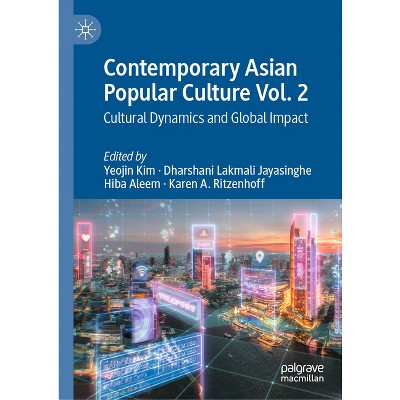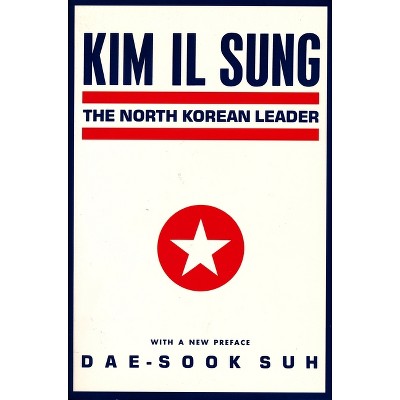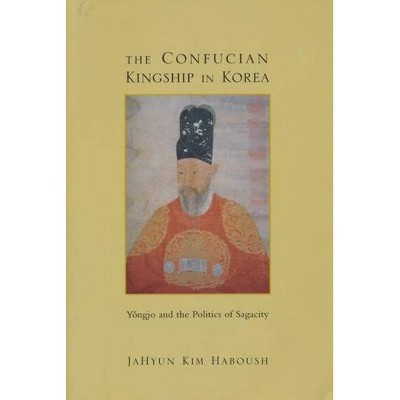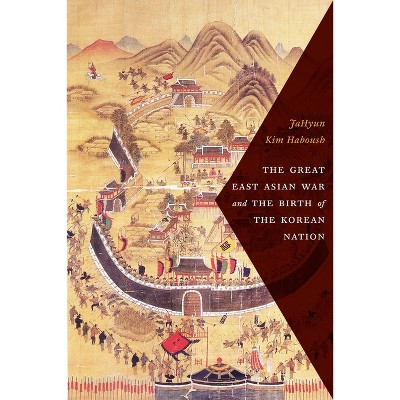Sponsored

Snake Dance of Asian American Activism - by Michael Liu & Kim Geron & Tracy Lai
$57.99
In Stock
Eligible for registries and wish lists
Sponsored
About this item
Highlights
- This text reinterprets a misunderstood epoch of the Asian American experience_the Asian American movement (AAM).
- About the Author: Michael Liu is senior research associate and community programs coordinator at the Institute for Asian American Studies at the University of Massachusetts Boston.
- 260 Pages
- Social Science, Ethnic Studies
Description
About the Book
This text reinterprets a misunderstood epoch of the Asian American experience_the Asian American movement (AAM). The authors address the AAM's dramatic impact on the direction of Asian American political and social activity beginning in the 1960s, particularly in terms of neig...Book Synopsis
This text reinterprets a misunderstood epoch of the Asian American experience_the Asian American movement (AAM). The authors address the AAM's dramatic impact on the direction of Asian American political and social activity beginning in the 1960s, particularly in terms of neighborhood redevelopment, civil rights, international solidarity, and the Jesse Jackson presidential campaigns. They argue that the movement became the vehicle to bring Asian American communities into the mainstream of civil life.Review Quotes
By analyzing the history of the Asian American movement from the 1930s through the 1990s, this book makes a significant contribution to the field of Asian American studies. By documenting the longevity of the Asian American movement, the authors are also able to show that it was not simply an imitation of the black Civil Rights Movement. Written by three scholars with immense personal experience as community activists and deep knowledge of primary sources and oral histories, this uniquely interdisciplinary book will appeal to an extremely wide audience. Highly recommended.
The Snake Dance of Asian American Activism illuminates the historical significance of the social movement for equality and political inclusion of Asian Americans during the late 20th century. Drawing from extensive primary sources and interviews, the authors show how Asian American identity politics were integrally connected to radical demands for structural change in society. As recounted by participants and eye witnesses, the American movement brought about progressive change in ethnic neighborhoods and on college campuses, creating new forms of contentious politics and participatory democracy, while infusing progressive themes into an awakening Asian American culture and arts movement. More than previously published accounts of this movement, this work shows the movement's deep connections to ordinary working people and their day to day concerns. This book will do much to advance needed inter-generational dialogue about how the goals of social justice popularized by the Asian American movement can be effectively pursued in our time.
Chronicling something as broad and complex as the Asian American Movement is a daunting task. In this important book, Liu, Geron, and Lai take on this challenge and deliver a thorough, insightful, and engaging account. They navigate the twists and turns, successes and failures of the Movement while never losing sight of its 'soul' that inspired and inspires activists past and present.
Preoccupation with the Asian American 'success story' has over-shadowed the long and vibrant history of social activism among Asian Americans. The Snake Dance of Asian American Activism, by three scholar/activists, is a welcomed corrective. Lively and well-informed, this account presents material and perspectives found nowhere else.
This is a timely book, rich with insight and containing a range of proposals for improving U.S. intelligence performance....this is a book that will promote new thinking and provoke debate among students, teachers and professionals wherever they are based.
About the Author
Michael Liu is senior research associate and community programs coordinator at the Institute for Asian American Studies at the University of Massachusetts Boston. Kim Geron is associate professor in the Department of Political Science at California State University, East Bay. Tracy Lai teaches in the Department of History at Seattle Central Community College.Dimensions (Overall): 8.8 Inches (H) x 6.0 Inches (W) x .8 Inches (D)
Weight: .8 Pounds
Suggested Age: 22 Years and Up
Number of Pages: 260
Genre: Social Science
Sub-Genre: Ethnic Studies
Publisher: Lexington Books
Theme: Asian American Studies
Format: Paperback
Author: Michael Liu & Kim Geron & Tracy Lai
Language: English
Street Date: September 1, 2008
TCIN: 1004111734
UPC: 9780739127209
Item Number (DPCI): 247-23-2675
Origin: Made in the USA or Imported
If the item details aren’t accurate or complete, we want to know about it.
Shipping details
Estimated ship dimensions: 0.8 inches length x 6 inches width x 8.8 inches height
Estimated ship weight: 0.8 pounds
We regret that this item cannot be shipped to PO Boxes.
This item cannot be shipped to the following locations: American Samoa (see also separate entry under AS), Guam (see also separate entry under GU), Northern Mariana Islands, Puerto Rico (see also separate entry under PR), United States Minor Outlying Islands, Virgin Islands, U.S., APO/FPO
Return details
This item can be returned to any Target store or Target.com.
This item must be returned within 90 days of the date it was purchased in store, shipped, delivered by a Shipt shopper, or made ready for pickup.
See the return policy for complete information.











